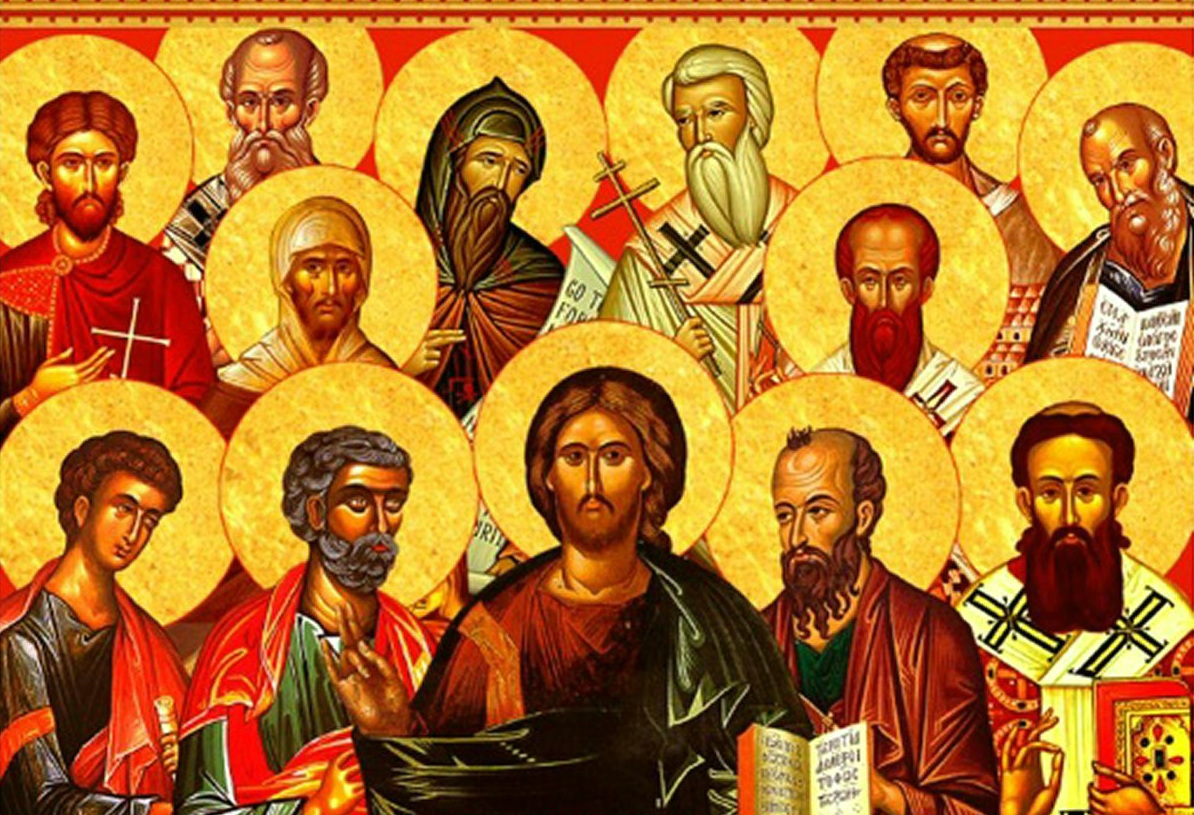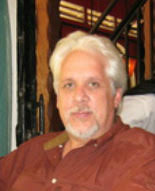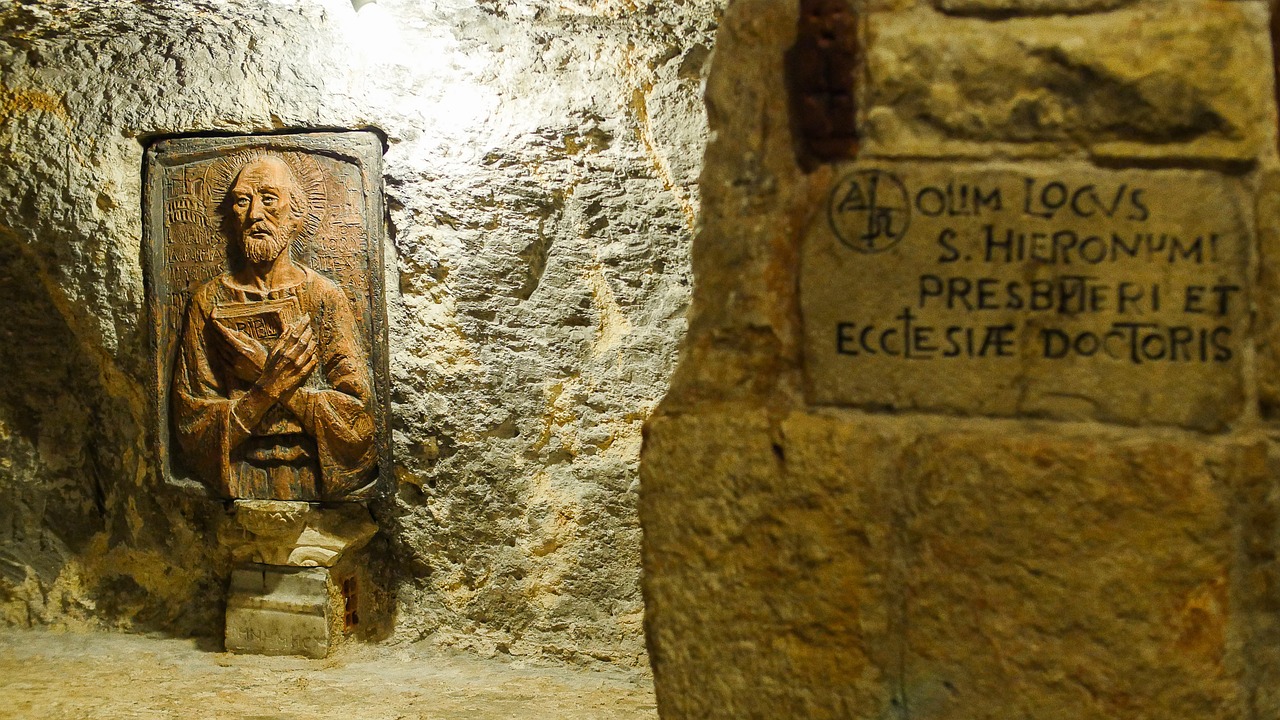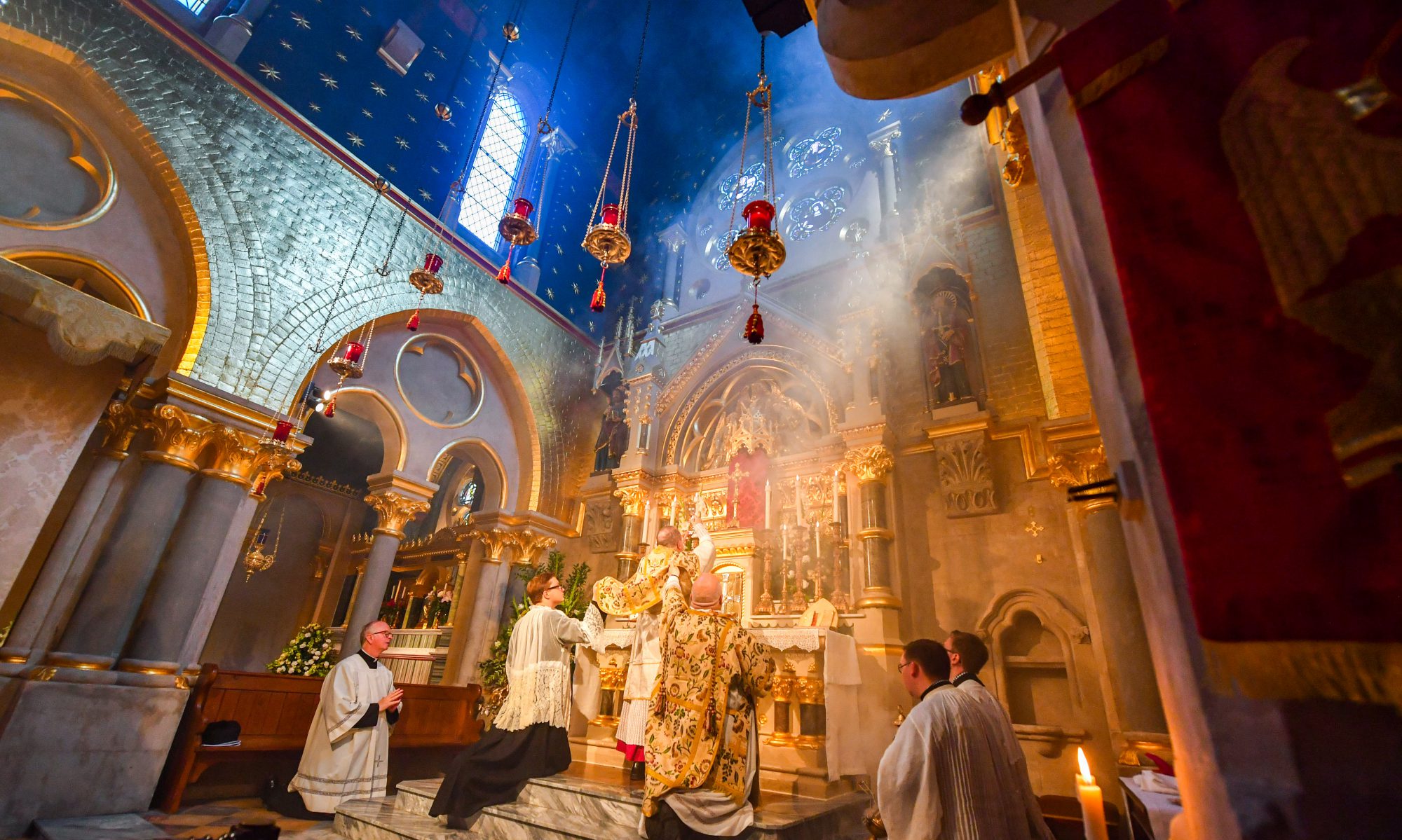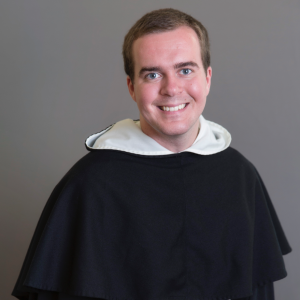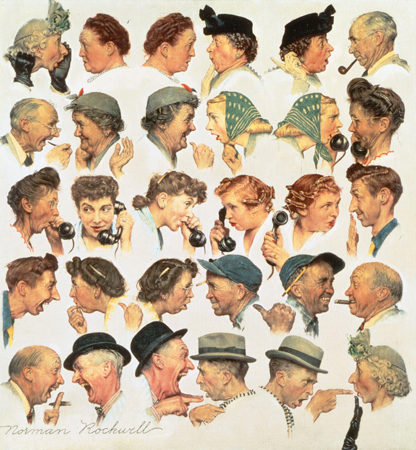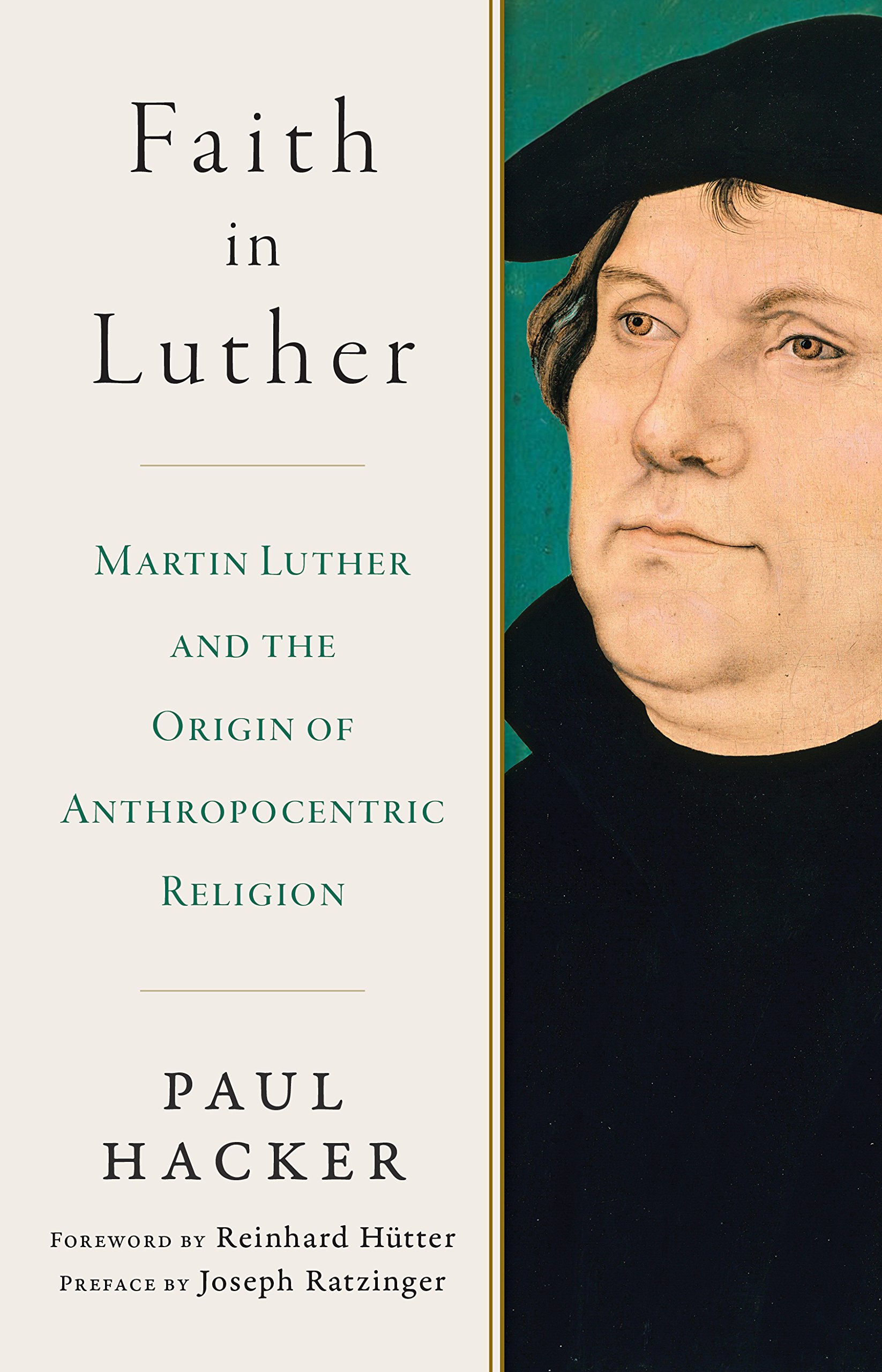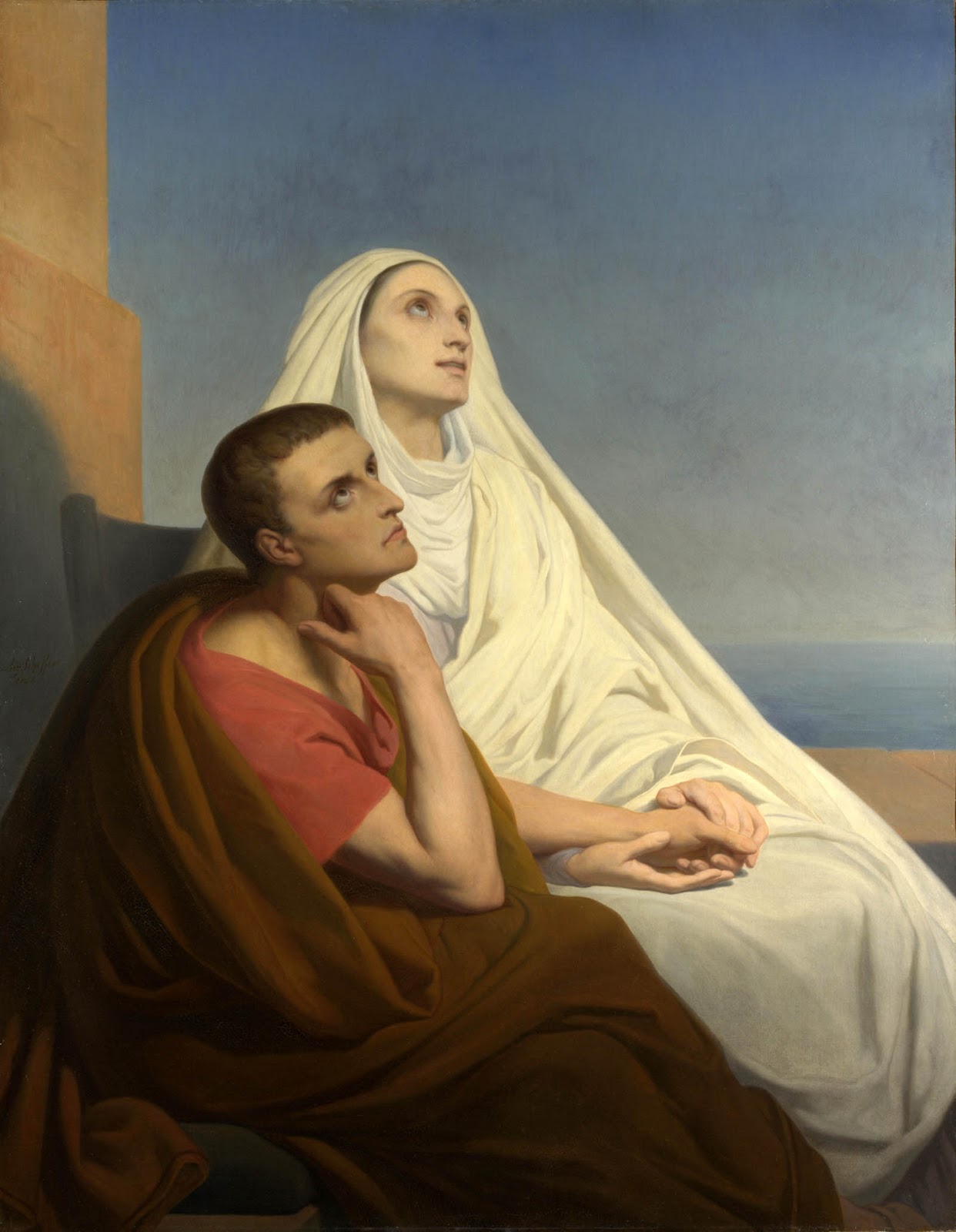

-by James Akin (Jimmy Akin is an internationally known author and speaker. As a senior apologist, he has more than twenty years of experience defending and explaining the Catholic faith. Jimmy is a convert to Catholicism and has an extensive background in the Bible, theology, the Church Fathers, philosophy, canon law, and liturgy.)
“A subject which is misunderstood by Protestant apologists just as much as the Catholic view of righteousness is the Catholic view of merit. A lot of this is due to the connotations the term “merit” has in Protestant minds. Normally this is taken to be a synonym in Protestant vocabulary for “earn,” however as we will see this is nothing like what the term means in Catholic theology.
In fact, it has never been what the term meant. It has only gained that connotation from its usage in post-Reformation anti-Catholic polemics. From the very beginning the term was used differently. Thus in the second century the Latin term meritum was introduced as a translation of the Greek term for “reward.”[6] In fact, it was picked over another term (merces) precisely because it lacked the legalistic connotations of meritum. Thus a document released by the German conferences of Catholic and Lutheran bishops states: “[T]he dispute about merit also rests largely on a misunderstanding. The Tridentine fathers ask: How can anyone have doubts about the concept of merit, when Jesus himself talks about ‘reward’ and when, moreover, it is only a question here of acts that a Christian performs as member of Christ? . . . Many antitheses could be overcome if the misleading word ‘merit’ were simply to be viewed and thought about in connection with the true sense of the biblical term ‘wage’ or reward (cf., among other passages, Matt. 20:1-16; 5:12; John 4:36; 1 Cor. 3:8, 14; Col. 3:24). There are strong indications, incidentally—and a linguistic analysis could provide the evidence—that the language of the liturgy does not merely reflect the true meaning of the concept of merit stressed here, but—quite contrary to the Reformers’ fears—prefers to explain what was meant through the word meritum rather than through the term merces (reward), for the very reason that merit sounds less ‘materialistic’ than reward.”[7]
The term merces does in fact have very materialistic connotations. In fact, there is a joke among Latinists concerning Jesus’ statements in the Vulgate of Matthew 6, Receperunt mercedem suam which is jokingly translated “They have received their Mercedes”—the car brand name “Mercedes” being derived from merces.
Because meritum is simply the Latin translation of the theological term “reward,” this reveals to us a fundamental unity of the doctrine of merit and the doctrine of reward, a doctrine which even (most) Protestants acknowledge since the Bible uses the term. In fact, the Bible uses very “materialistic” terms in this regard. The three key terms for reward the New Testament uses—misthos, apodidomai, and misthapodosia mean respectively “wages,” “to deliver or pay off,” “payment of wages due.” It kind of puts a new feel on things when one brings this forward into English and one sees Jesus saying: “Rejoice and be glad, for your wages are great in heaven, for so men persecuted the prophets who were before you” (Matthew 5:12).
“He who receives a prophet because he is a prophet shall receive a prophet’s wage, and he who receives a righteous man because he is a righteous man shall receive a righteous man’s wage” (Matthew 10:41).
“But love your enemies, and do good, and lend, expecting nothing in return; and your wage will be great, and you will be sons of the Most High; for he is kind to the ungrateful and the selfish” (Luke 6:35).
This kind of puts a different slant on it, and the New Testament is chocked full of this kind of “profit motive” language (see C. S. Lewis’ excellent essay, The Weight of Glory for a Protestant exposition of this point), though translations often obscure the fact. In fact, one may note that Protestant translations tend to translate misthos inconsistently, as “wage” whenever the context is worldly-economic and “reward” whenever it is something promised to believers by God.
Nevertheless, though the New Testament uses highly economic language in speaking of the believer’s rewards (e.g., “He who plants and he who waters are equal, and each shall receive his wages according to his labor,” 1Co. 3:8; “The Lord will repay everyone accord to his works,” Rom. 2:6), it does not in any way intend this language to be taken to mean that Christians earn their place before God.
Thus in Catholic theology, merit is in no way earning, but identical with the concept of reward. Brought about by God’s grace, acts which please God are done by Christians (Phil. 4:18, Col. 1:9-10, 1Th. 4:1, Heb. 13:16, 13:20-21) and God chooses to reward them (Rom. 2:6, 1 Cor. 3:8, 4:6, 2 Cor. 5:10, Gal. 6:6-10, Rev. 2:23, 22:12). These elements, God’s grace, the acts pleasing to God that they bring about, and the reward God chooses to give, are the key elements in the Catholic theology of merit, as we shall see.
The doctrine of merit is thus the same as the doctrine of rewards. To help Protestant readers grasp this and cut through the linguistic confusion experienced on this point because of the associations of the term “merit” in the Protestant vocabulary, they should try substituting “reward” or “rewardable action” or “to perform a rewardable action” for “merit” in what follows. This should cut through the confusion.
In the previous section, we discussed three senses of righteousness—legal, actual, behavioral.[5] In this section we will look at three forms of merit, which we will call congruous, condign, and strict.
In all three forms, there is a similarity between the action and the reward, and it is this similarity which makes it fitting for the reward to be given for that work, which is why the term “merit” is applied. In all cases of merit, an action merits its reward in the sense that the action is similar to the reward in a certain way and thus makes it fitting that the reward be given. The difference between the kinds of merit depends on the kind of similarity between the action and the reward and, correspondingly, it depends on the kind of fittingness there is that the action be given the reward.
Before looking at the three kinds of merit we are concerned with (congruent, condign, and strict), it is helpful to note two kinds that we are not concerned with.
The first of these is natural merit. Natural merit occurs when a person does an action that has natural value but not supernatural value, and which consequently deserves a natural reward. For example, if I do natural labor for an employer, that merits the paycheck I receive in return. Because I am only doing something with natural value (natural labor), the act deserves only a natural reward, such as money, not a supernatural reward, such as glory in heaven.
The only way for a natural task such as doing one’s job becomes supernaturally meritorious (and consequently receiving a supernatural reward), is if one does the natural task at least partly on the basis of the virtue of charity, or supernatural love. Charity is the principle of all supernatural merit, and the only thing God chooses to supernaturally reward. Thus if you give a cup of cold water to a thirsty person for a natural motive, such as to get him off your back or to assuage your guilt, then this will get no reward from God. However, if you perform the natural act partly from a supernatural motive, such as giving the thirsty person a cup of cold water because you supernaturally love him as a creature of God and wish to help him, then this is supernaturally meritorious and will receive a reward from God.
This principle lies behind Jesus’ statement in the Sermon on the Mount: “I say to you, Love your enemies and pray for those who persecute you, so that you may be sons of your Father who is in heaven; for he makes his sun rise on the evil and on the good, and sends rain on the just and on the unjust. For if you love those who love you, what reward have you? Do not even the tax collectors do the same? And if you salute only your brethren, what more are you doing than others? Do not even the Gentiles do the same?” (Matthew 5:44-47)
Even the unregenerate (tax collectors and heathen) have natural love for those who do good to them, and so if we have only natural love for others, we will receive no reward from God (” . . . what reward have you”). God’s love is different, it is supernatural and embraces all people, regardless of whether they do good or not. Thus he sends rain and sun (blessings in an agricultural society) on both the righteous and the wicked, on both his friends and his enemies. Jesus tells us that to be sons of our Father (i.e., to behave as Christians), we must display this same supernatural love that the Father does, and that when we do this we will receive a reward from him.
The same principle lies behind Jesus’ statements in Matthew 6 concerning doing acts of righteousness in front of men. If we do an act of righteousness in front of men, we may be tempted to do it for purely natural motives (i.e., so they will praise us or think well of us), and thus it will receive no reward. The only way for the act to be rewarded is if it is done for supernatural motives—to please God out of love for him—and thus Jesus instructs us (using typical Hebrew hyperbolic language) that if we are going to be tempted to do acts of righteousness for natural motives we should avoid the temptation by doing them in such a way that only God will know about them.
In any event, natural merit is not of interest to us at present because it gains no supernatural reward. Only supernatural merit is of concern here.
The second kind of merit we are not concerned about in this paper is demerit—that is, the kind of merit which is accrued when an action has a negative value and so it is fitting for it to receive a negative reward. This can happen in both natural and supernatural merit, and thus it can be fitting for one to be punished naturally (by being put in jail, fined, spanked or whipped or caned, etc.), as well as being punished supernaturally (by losing the joy of fellowship with God, being denied the sacraments, being tortured in spirit in this life, or going to hell in the next). Demerit is not also not of interest here because we are concerned with the sense in which the term “merit” is objected to by Protestants.
Having said that, let us now look at the three forms of merit in which we are interested—congruent, condign, and strict.
Since we are here talking about supernatural merit, the most basic sort of similarity between the action and the reward is that it is a supernatural action and so makes fitting a supernatural reward. As we said before, the only kind of actions which God supernaturally rewards are those which have a supernatural motive—the virtue of charity, which God implants in our hearts and which it is completely impossible for us to produce ourselves. In fact, according to Catholic theology each new supernaturally motivated act we do requires God to give us a special, new grace (called an “actual grace”) in order to do it. The denial of this was the position known as semi-Pelagianism, which claimed that God gave us all the grace we need at the beginning of the Christian life and that we do not need to be sustained in salvation by new grace, a position which was infallibly condemned by the Church. Thus when supernatural merit occurs, God gives us the supernatural motive to perform the supernatural act to which he then gives a supernatural reward.
This is the principle behind Augustine’s statement: “What merit, then, does a man have before grace, by which he might receive grace?—when our every good merit is produced in us only by grace and when God, crowning our merits, crowns nothing else but his own gifts to us” (Letters 194:5:19).
The basic principle of supernatural merit, therefore, the thing that makes it supernatural, is the grace which God gives to enable there to be a supernatural act in the first place, the only kind of act for which a supernatural reward is fitting.
But in some cases God has not promised a reward. A reward might be fitting, but it may not have been promised. To give a human analogy, if someone holds the door open for me while I have a load of books in my arms (a common event for me), it is fitting that I hold the door for them next time. However, I have not promised to do so, and all things being equal I am not strictly bound to do so. Thus it is fitting for me to hold the door for this person, but there is no strict obligation involved. This is, on a natural human level, what Catholics would call congruent merit.
Congruent merit occurs with respect to God when a person under the influence of actual grace does an action which pleases God but which he has not promised to reward. Some times God chooses to reward the act, sometimes not. For example, if we obey Jesus’ instruction to supernaturally love our enemies and pray for them; however, God has not promised that he will answer our prayers concerning them, and although he is pleased with the prayers we are offering out of supernatural love for them, he may not give them the blessing we are asking for them. It may simply not be God’s will for that to happen. The same is true of prayers for ourselves; even when we pray from supernatural charity we are likely only congruently meriting the thing we are asking for since God has not promised to give it.
The obvious next higher form of merit is one in which God has promised to reward the action. In this case when a person under the influence of actual graces performs the supernatural act, God is not only pleased by the act but he is guaranteed to reward it because he has promised to do so. This kind of merit is known in Catholic theology as condign merit.
One thing it is important to realize about condign merit is that, even though God has promised to reward the at, that does not mean that the act has an intrinsic value equal to the reward it is receiving. If I perform an act of charity and God gives me a heavenly reward in the next life by giving me an additional level of supernatural beatitude, the value of the act I perform in no way equals the value of the beatitude. There may be a proportionality that can be drawn between the amount of charity God’s grace has led me to exercise in this life and the amount of beatitude I get in the next life, but there is no equality between the two values.
The reasons that there is no equality and thus the intrinsic value of God’s rewards always immeasurably exceeds the intrinsic value of our merits is that, as Anselm pointed out in his Cur Deus Homo, the value of an act is proportional to the value of the person making it. Thus I, as a finite being, could never make the infinite atonement Christ did on the Cross (even if I was sinless and always had been). It took a Person of infinite value—the Son of God—to make an infinite satisfaction. Similarly, I, a finite creature, can never merit anything of infinite value, but the beatitude which God bestows upon us in the afterlife is of infinite value because it will be enjoyed for all eternity.
Thus the fundamental basis for all condign merit is God’s promise, not the intrinsic value of the human act, even when it is brought about by God’s grace. Without God’s promise we would have no claim on the beatitude God offers; however, under God’s grace we do indeed claim the promises of God, even though what he promises always infinitely outweighs what we have done by his grace.
If our actions were equal in value to his reward then what would have occurred would be referred to in modern Catholic parlance as strict merit. Strict merit is what would occur when someone gives to God something of equal intrinsic value to the reward he has promised to give. The trick is, only Christ is capable of doing this since only Christ is capable of doing things of infinite value for God. Other humans are totally incapable of this because we lack the infinite dignity of the Godhead supervening on our actions.
Thus the Catechism of the Catholic Church states: “With regard to God, there is no strict right to any merit on the part of man. Between God and us there is an immeasurable inequality, for we have received everything from him, our Creator” (CCC 2007).
The same themes have been stressed by Catholic theologians for ages, not only by St. Augustine and his famous axiom “when you crown our merits, you crown your own gifts,” but by theologians ever since.
In the Middle Ages, St. Thomas Aquinas wrote: “[W]here there is no simple right [to a thing], but only relative, there is no character of merit simply, but only relative . . . [as when] the child merits something from his father and the slave from his lord. Now it is clear that between God and man there is the greatest inequality, for they are infinitely apart, and all man’s good is from God. Hence there can be no justice of absolute equality between man and God, but only of a certain proportion, inasmuch as both operate after their own manner. Hence man’s merit with God only exists on the presupposition of the divine ordination” (Summa Theologiae Ia:114:1).
At the Council of Trent, when the mutual hostilities with Protestants were greatest, the Council fathers wrote: “Christ Jesus himself, as the head into the members [cf. Eph. 4:5] and as the vine into the branches [cf. John 15:5], continually infuses his virtue into the said justified [people], a virtue which always precedes their good works and which accompanies and follows them, and without which they could in no wise be pleasing or meritorious before God . . . [F]ar be it that a Christian should either trust or glory in himself and not in the Lord, whose bounty toward all amen is so great that He wishes the things that are His gifts to be their merits. And since in many things we all offend, each one of us ought to have before his eyes not only the mercy and goodness but also the severity and judgment [of God]; neither ought anyone to judge himself, even though he be not conscious of anything [1 Cor. 4:3-4]; because the whole life is to be examined and judged not by the judgment of man but of God, who will bring to light the hidden things of darkness, and will make manifest the counsels of the hearts and then shall every man have praise from God . . . ” (Decree on Justification 16).
In the twentieth century, theologian Michael Schmaus writes, “In this connection, it must be remembered that man cannot make any valid claim on God. Since the ‘reward’ give by God always infinitely exceeds what is due man, the word ‘merit’ can only be used analogously. Because of God’s transcendence and the resultant inequality between God and man, merit in the strict sense of the word cannot occur in the relationship between God and man.”[8]
“We would not dare to hope that God would reward the actions of the justified man if he had not promised it; our hope is based on his word. At the same time, the reward is a grace . . . . What is meant [by merit and reward] is not an extrinsic, material repayment for the pain and trouble endured in the accomplishment of good works; it is rather the intrinsic fruit of the action itself.”[9]
“All of this does not, of course, mean that like all good things, the promise of a reward from God cannot be misunderstood and misused. There is a danger that the ill-instructed Christian may hope to gather merit as a basis for bargaining with God, to use his good works as a kind of pledge which God must at once redeem. Needless to say, notions of this sort are very far from the meaning of the scriptural texts and the Church’s teaching” . . . . [That God rewards our merits] “rests on his free decision: he has promised that he will do so, and he keeps his word. Except for this divine promise, no one could flatter himself that his good works would have such an effect.”[10]
And twentieth century theologian Ludwig Ott writes: “Merit is dependent on the free ordinance of God to reward with everlasting bliss the good works performed by His grace. On account of the infinite distance between Creator and creature, man cannot of himself make God his debtor, if God does not do so by His own free ordinance. That God has made such an ordinance, is clearly from His promise of eternal reward . . . . St. Augustine says: ‘The Lord has made Himself a debtor, not by receiving, but by promising. Man cannot say to Him, ‘give back what thou hast received’ but only, ‘Give what thou has promised'” (Enarr. in Ps. 83, 15).[11]
These quotes, stretching throughout history as they do, from Augustine through Aquinas and Trent and twentieth century theologians into the Catechism of the Catholic Church, show how false and foolish the idea is that the Catholic Church teaches that we earn our place before God. Only Christ as the infinite God-man, whose infinite dignity gives his every action infinite weight, is capable of earning anything before God. So while God’s grace does bring about in Christians actions which please God and which he chooses or even promises to reward, only Christ is capable of doing before God what Protestants mean by the term “merit.” Catholics only say Christians do what God rewards.”
Love & technical precision for the sake of clarity & peace & love,
Matthew
[6] Alister McGrath, Justification by Faith (Grand Rapids: Zondervan, 1988), 70.
[7] The Condemnations of the Reformation Era: Do They Still Divide? Justification III.7.
[8] Schmaus, Dogma 6:138.
[9] ibid., 142.
[10] ibid., 143-4.
[11] Ludwig Ott, Fundamentals of Catholic Dogma, 4th. ed., 1960, (Rockford, Illinois: TAN Books, 1974), 247.
